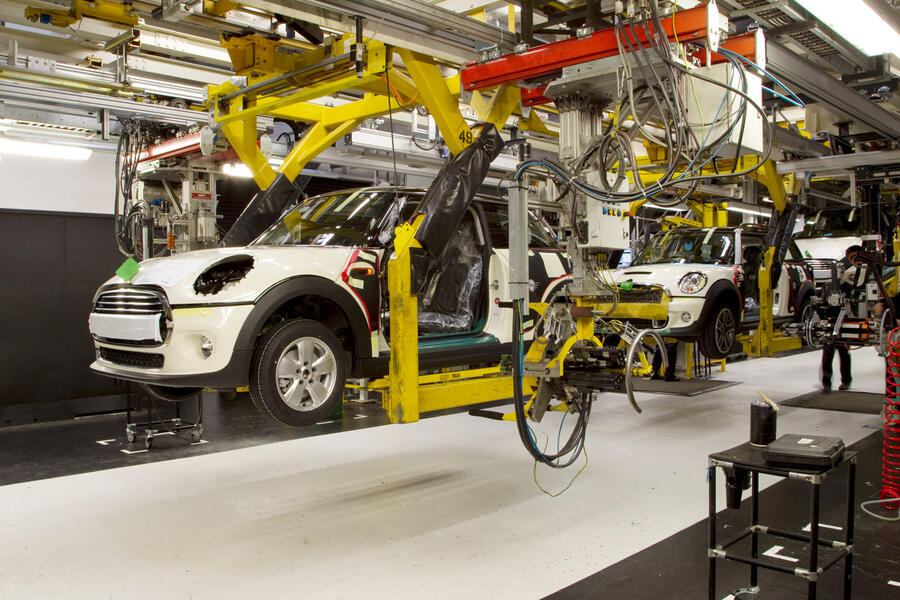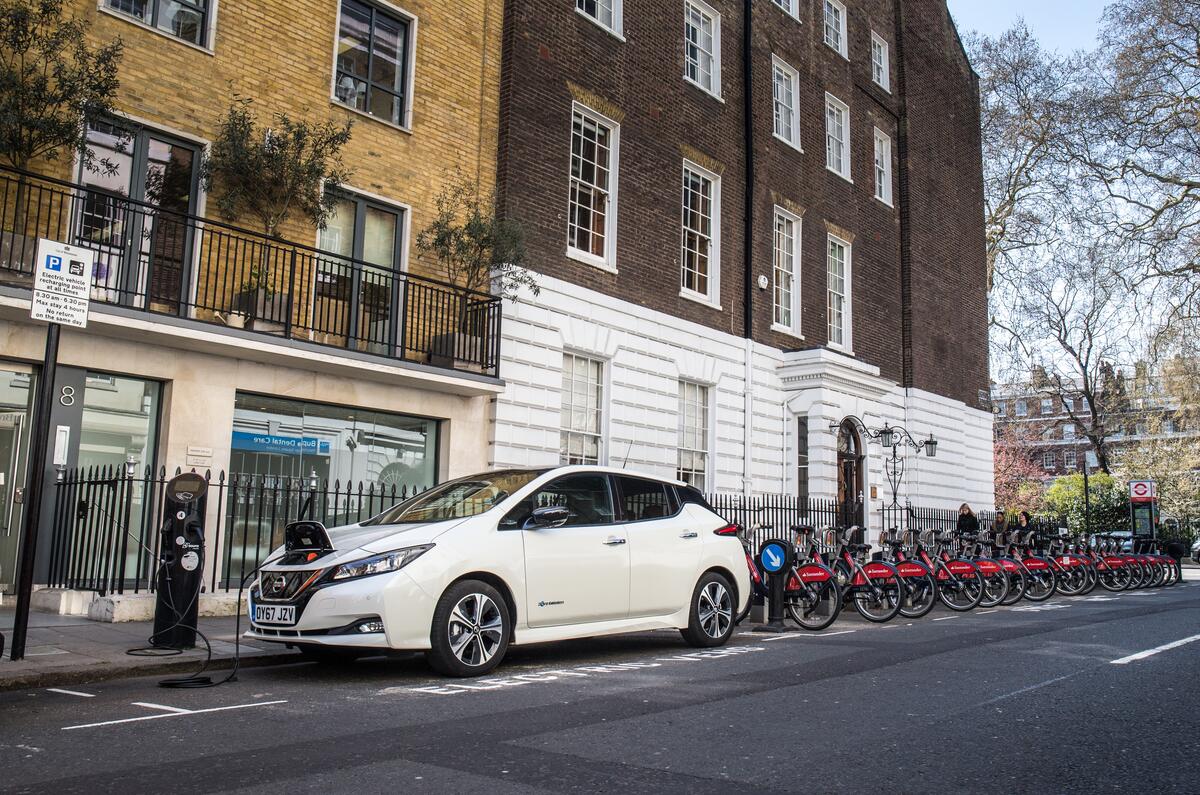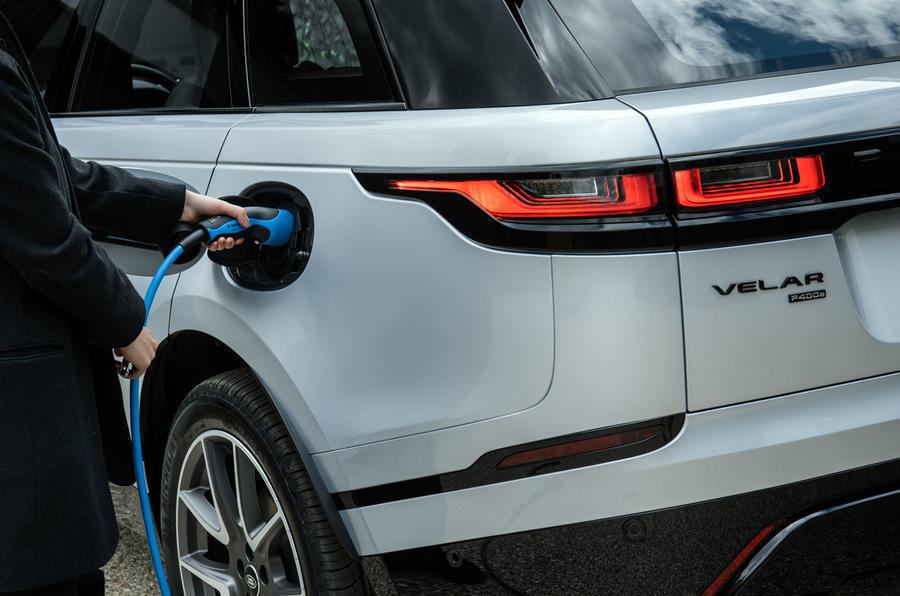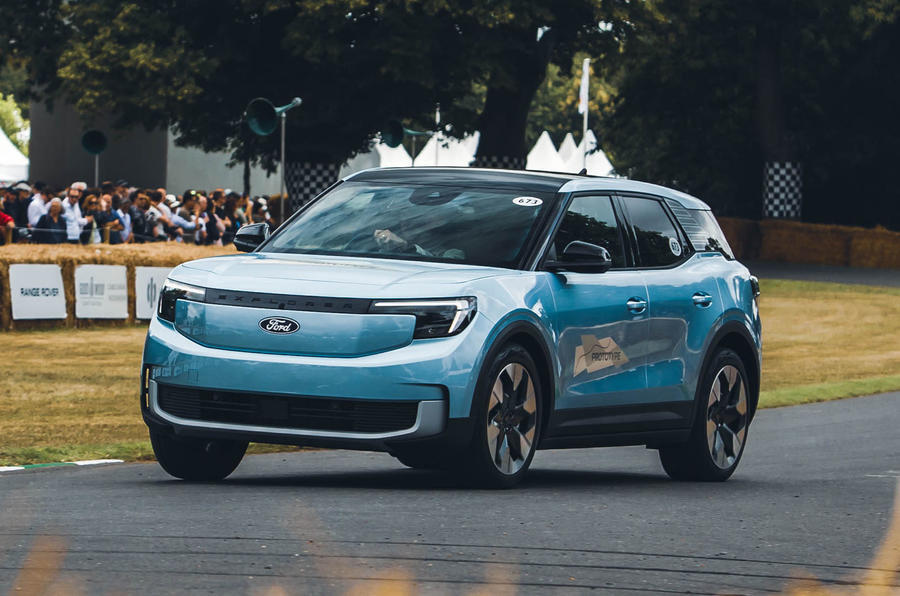The government has finally confirmed details of the long-awaited zero-emission vehicle (ZEV) mandate ahead of its implementation in just three months' time.
From 1 January 2024, 22% of all manufacturers’ new car sales in the UK must be ZEVs, the government has confirmed.
This figure will rise to 28% in 2025, 33% in 2026, 38% in 2027, 52% in 2028, 66% in 2029, 80% in 2030 and finally 100% in 2035, when sales of new hybrid cars will be banned. Increments between 2030 and 2035 have yet to be finalised.
For manufacturers who fail to meet the target, fines will be imposed, although the form that these fines will take has yet to be outlined.
The announcement of these measures follows the previously released draft ZEV mandate and come a week after the government delayed the 2030 ICE ban to 2035.
As part of the mandate, the government has rubber-stamped flexibility measures for those who either exceed or can’t reach the imposed ZEV targets.
Under the guise of a trading scheme, car makers can bank compliance in years when they exceed annual targets for use in future years, or trade them with other manufacturers that have fallen short. In the first year, car manufacturers can borrow for up to 75% of their annual target, falling to 25% in 2026, to support them in the early stages.

Grants have also been brought back, but not for car buyers. Included in the mandate is a plug-in van grant of up to £2500 for small vans and £5000 for large vans.
Meanwhile, ministers have looked to quell concerns about leaving flat-dwellers behind in the electric age by offering £350 off the cost of home charge points to those living in apartments.
Transport secretary Mark Harper said: “Our mandate provides certainty for manufacturers, benefits drivers by providing more options, and helps grow the economy by creating skilled jobs.
“We are also making it easier than ever to own an electric vehicle, from reaching record levels of charge points to providing tax relief for EV owners.”
Speaking previously, Harper, who called the mandate “one of the most advanced and ambitious regulatory schemes of its kind in the world”, said: “This government wants to back motorists to travel how they want, where they want, and when they want to.










Join the debate
Add your comment
Anyone else - wait for Toyota to bring along its solid state battery with 700 mile range, half the price and half the weight.
Only another 4 years.
The stick is getting bigger then - hit the car makers, hit the car buyers - just hit everyone really hard until they bleed.
The big problem is convincing the general car-buying public, because 3/4 EV sales are to fleets, and private sales are actually falling - across all of europe. While I'm sure they look at the big figure, fleets are only buying them because of the tax breaks. I bet you that 50% or more of the Model 3/Y's you see on the road are company cars (you know, the white ones, loads of them). What happens when those tax breaks disappear? What happens when EV's get taxed more generally?
I've never seen this type of action from a government to force people to buy things they don't actually want.
It would be nice if Autocar did some work and gave us a list of which manufacturers currently meet the 22% rule.